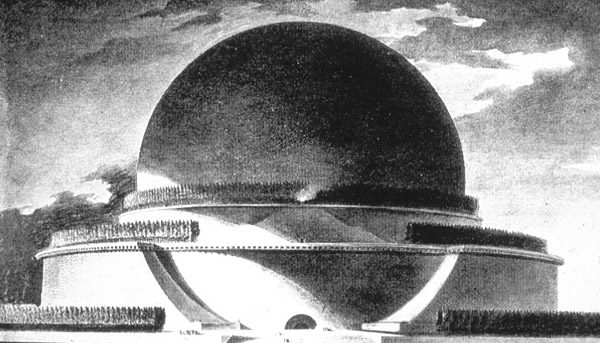Contrarian theoretical physicist Lee Smolin is interviewed by Michael Segal of Nautilus about the nature of time. A passage about the intersection of religion and science at the dawn of physics:
“Michael Segal:
Newton was revolutionary in part because he applied a timeless set of laws to the whole universe. Was he wrong to do so?
Lee Smolin:
Physics was invented by people who happened to be very religious. Newton is one example. For him the laws of nature and their mathematical representations were synonymous with knowing the thoughts of God: Space was the sensorium of God and true time was the time in which God experienced the world and made things in the world. And Newton’s style of doing physics works perfectly when you apply it to a small part of the universe, say something going on in a laboratory. But when you take Newton’s style of doing physics and apply it to the universe as a whole, you implicitly assume that there is something outside the universe making things happen inside the universe, the same way there’s something outside the laboratory system making things happen in the laboratory. What I think has happened is that even physicists who have no religious faith or commitment have gotten sucked into a form of explanation which has a religious underpinning, by which I mean it requires pointing to something outside the universe in order to give a complete explanation. Many people who think of themselves as atheists do this habitually. In my view, it makes them think sloppy thoughts about cosmology. When it comes to extending science to the universe as a whole, you have to think differently than applying science to a laboratory system.
Michael Segal:
Is it not possible for our universe to be affected by other universes?
Lee Smolin:
It is possible. But you know, science is not about what might be the case, science is about what we can demonstrate is the case through publicly available evidence. There’s an infinite number of things that might be the case: There might be other universes, there might be a platonic realm in which mathematical objects move eternally, there might be God and heaven and angels. But science is not about that. If you want to explain the whole universe within science, you have to explain the laws in terms of things inside the universe itself. I think this is the only aspiration for cosmology that’s true to the real spirit of science.”

